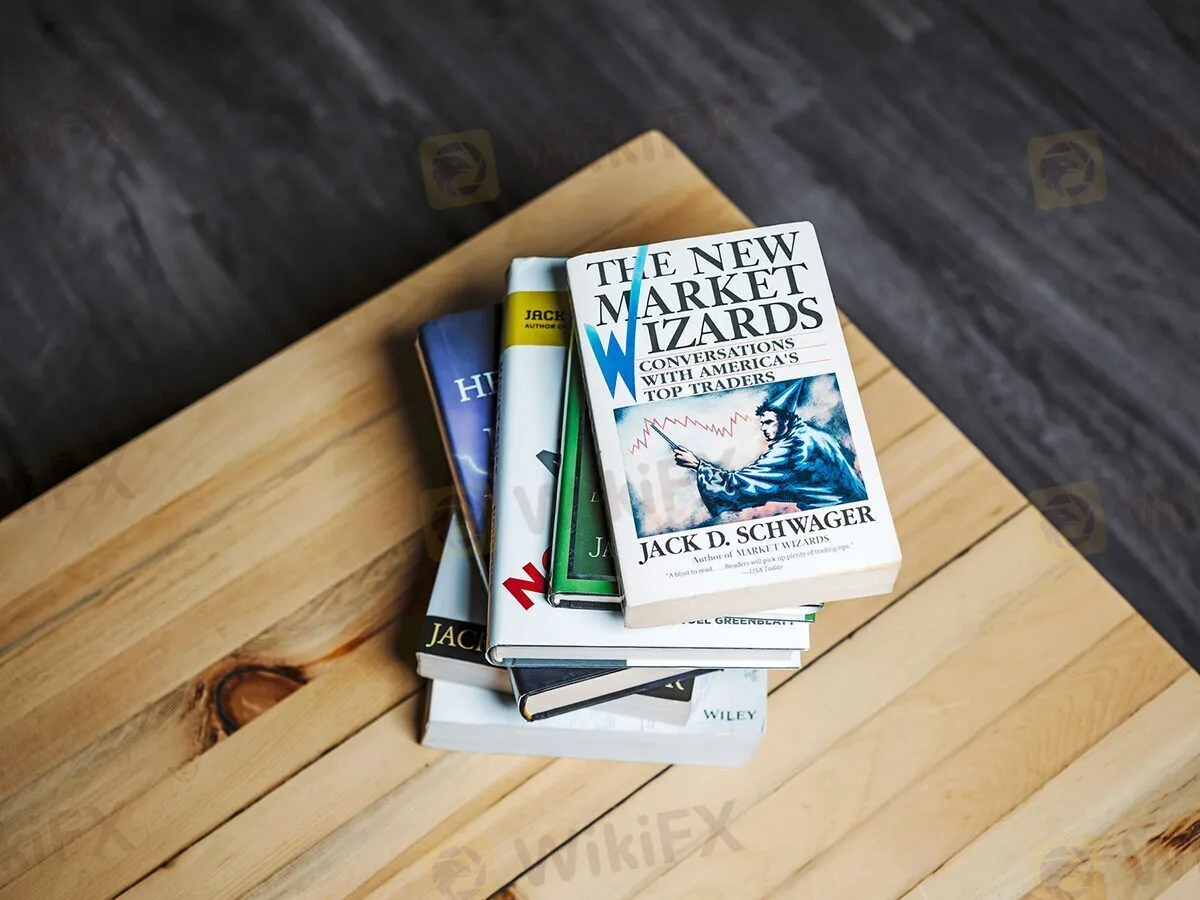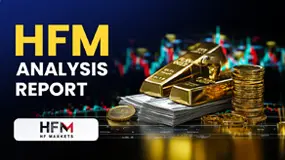Abstract:Trading is certainly a difficult skill to learn but there are ways you can shortern the learning curve. There are a number of books and information out there on trading one could get lost in the sea of information and get confused. Even as season traders, once in a while you need to stop and polish up on your skills so as to maintain your edge. So today we wiil share some books you are to read will certainly improve your trading powers.
If you are looking for a free course that will take you from beginner to advanced trader I recommend you check out WikiFX. WikiFX offers a number of features that are is going to be very useful to you as a trader: https://www.wikifx.com/en/education/education.html . They are connected to every broker regulatory board so they will help you choose the best broker to trade with when you are finally ready to enter the market. They feature the other products such as profit calculators and updated trading news which will help you gain an edge in the market. So if you are a newbie, use WikifX to get educated.

1. Technical Analysis of the Financial Market by John F Murphy
This book covers the basic essentials of technical trading. It is the best that before you enter the markets you gain an understanding of how to read and analyse the charts. Yes you can watch a whole bunch of videos but those are people who do not go into the specifics of the skill as they have to make short videos, or they want you to pay them to teach you more about trading so they withhold information. This book will explain all relevant concepts that you need to know when technical trading and teach you a few strategies as well. They will also show you how to formulate your own strategy and how to test it
2. Trading in the Zone by Mark Douglas
Trading Psychology will prove to be the hardest challenge that you will face in your trading career. It is easy to memorize strategy and learn the basics of trading however the biggest challenge will be controlling the emotions you feel when you are trading. Even seasoned traders struggle with little things like closing losing trades or taking profits on a trade, or not properly risk managing so this book really is for every trader who wants to improve their trading skills.
3. Trading for a Living by Dr. Alexander Elder
It is easy to trade on one particular day and make profits. It is much more difficult to maintain steady trading growth and maintain ones performance for an extended period of time. This book explains concepts that help you think in the long term when trading. It shows you how to manage your risk well to see steady income and also gets you in the right growth mindset.
There are a number of other books that you can read but I believe these three cover the basics concerning the market and provide you with the most value. You can couple along the information you learn from these books with the information you can learn on the WikiFX.
Disclaimer:
The views in this article only represent the author's personal views, and do not constitute investment advice on this platform. This platform does not guarantee the accuracy, completeness and timeliness of the information in the article, and will not be liable for any loss caused by the use of or reliance on the information in the article.








